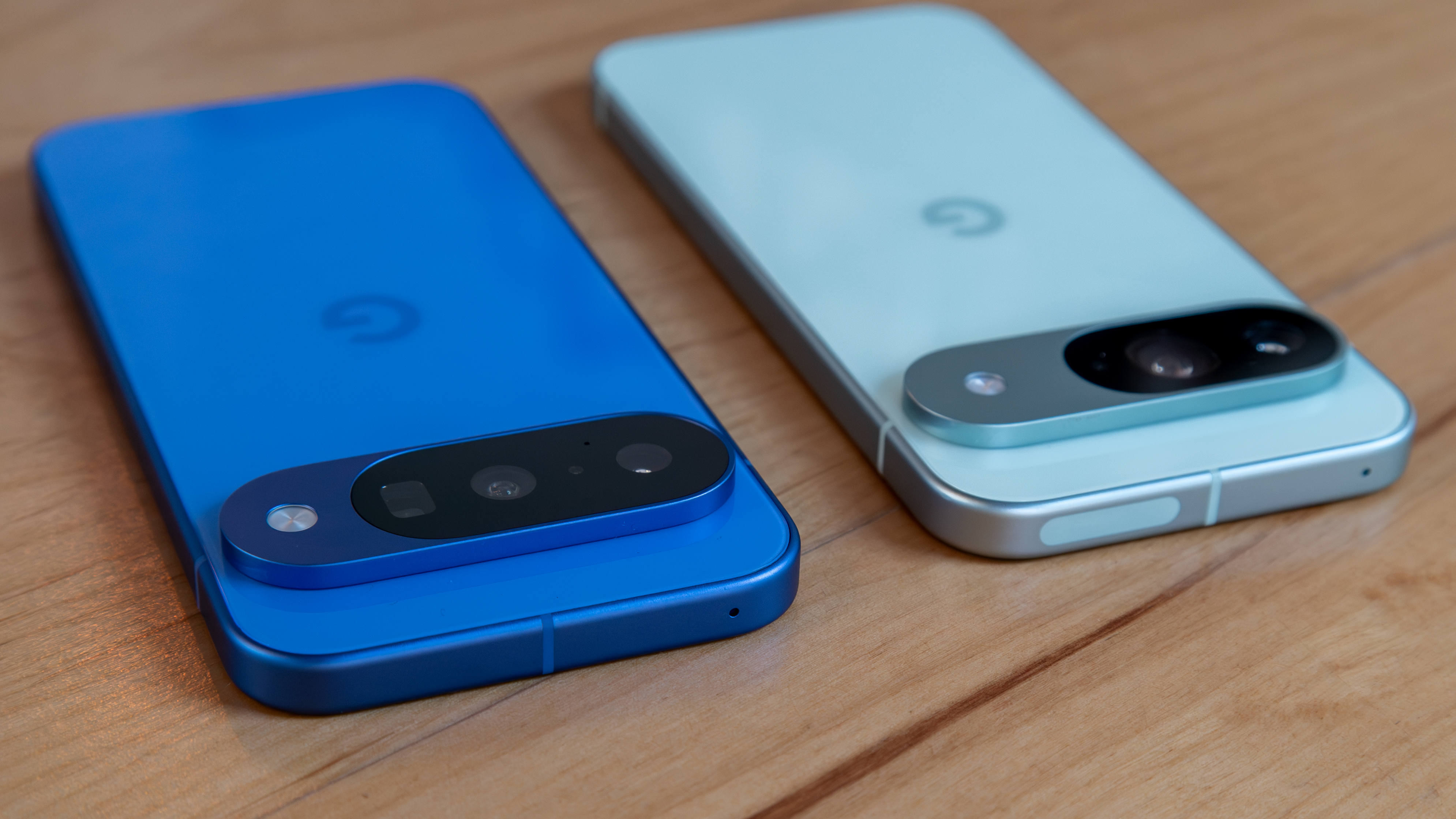Why isn't mobile gaming better? - Talk Mobile
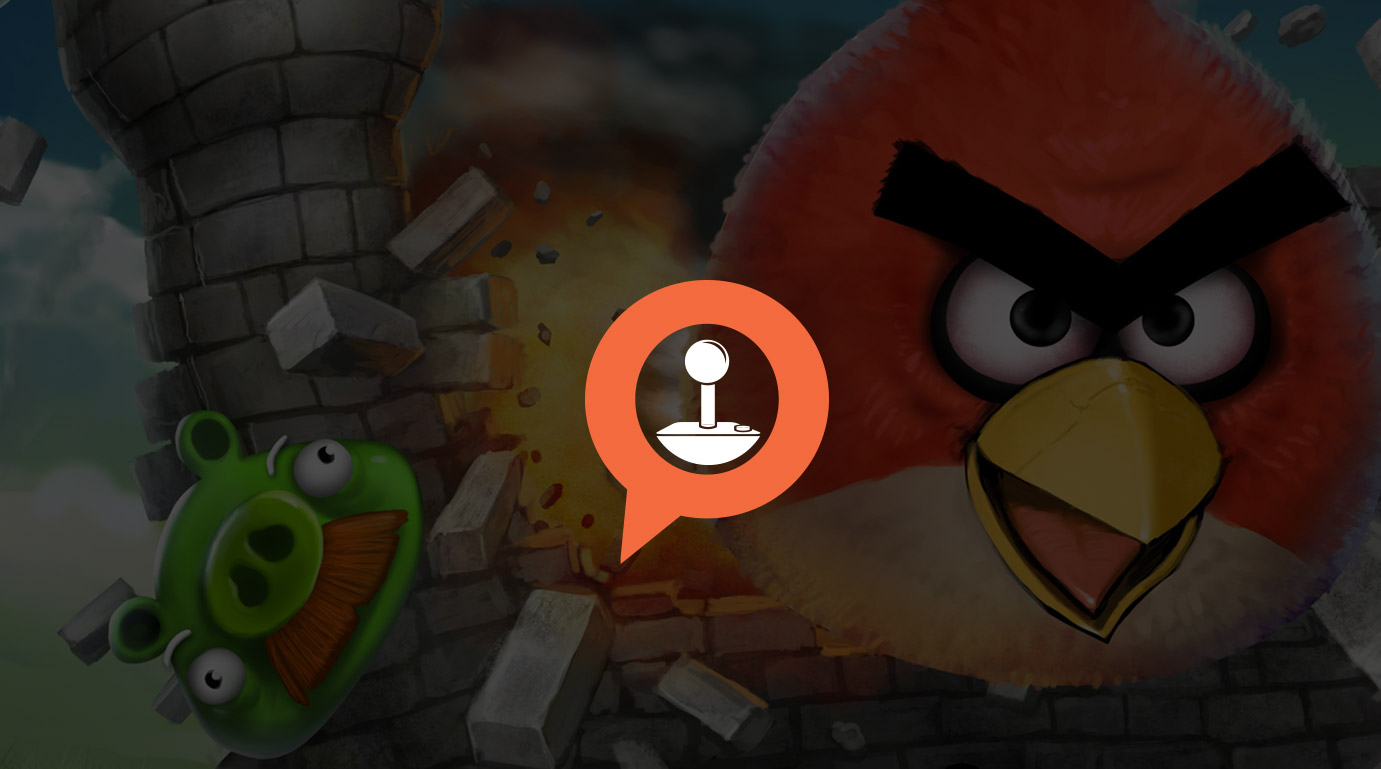
Presented by Blackberry
Talk Mobile Gaming
Why isn't mobile gaming better?
The quantity and quality of mobile games have exploded over the past few years. Game developers have been blessed with rapidly improving hardware and an ever-growing customer base that's becoming more comfortable with the idea of spending money for mobile entertainment. Mobile development studios like Rovio and Glu along with independent, one-man developers like Loren Brichter of Letterpress and Andreas Illiger of Tiny Wings are playing on the same field for the same dollars as long-time game studios like Electronic Arts and Rockstar.
But while the customers and dollars might be directed towards any one of those warriors, the battlefield itself is segmented. Is it better for a developer to target the expansive iOS or Android ecosystems and risk all of their work being lost in the fog of app storefront warfare, or should they go for less-populated venues like BlackBerry and Windows Phone, where they can be the big fish in the small digital pond? Do they try and support those features unique to specific platforms, like BBM or Game Center, or do they hit only the most common features across all platforms? And how do those answers change if they're small indie developers, or powerhouse studios?
By Daniel Rubino, Kevin Michaluk, Phil Nickinson & Rene Ritchie
Play
Get the latest news from Android Central, your trusted companion in the world of Android
- Kevin: Money talks when it comes to AAA titles

- Phil: Money and time to do cross platform right

- Rene: Brand is everything these days

- Daniel: Independent developers behind the innovation

Better Mobile Gaming
Why isn't mobile gaming better?
- Money talks around AAA
- Video: Anders Jeppsson
- Money & time for cross-platform
- Brand is everything
- Independent developers
- Video: Guy English
- Conclusion
- Comments
- To top

Kevin Michaluk CrackBerry
Money talks when it comes to AAA titles
The cost to develop a title like Gameloft's N.O.V.A. 3 or Electronic Arts' Need for Speed Most Wanted or even the latest installment of Angry Birds from Rovio can easily reach into the millions. These games have large teams of designers, developers, and artists. As with any app, the goal is to bring in enough revenue to cover the upfront development costs, support and services expenses, finance the development of the next releases and cover the losses from failed ones, and maybe put a bit of money in the bank at the end of the day.
The availability of a single game isn't likely to influence the purchasing decision of customer. But not having a lot of AAA titles can make a difference.
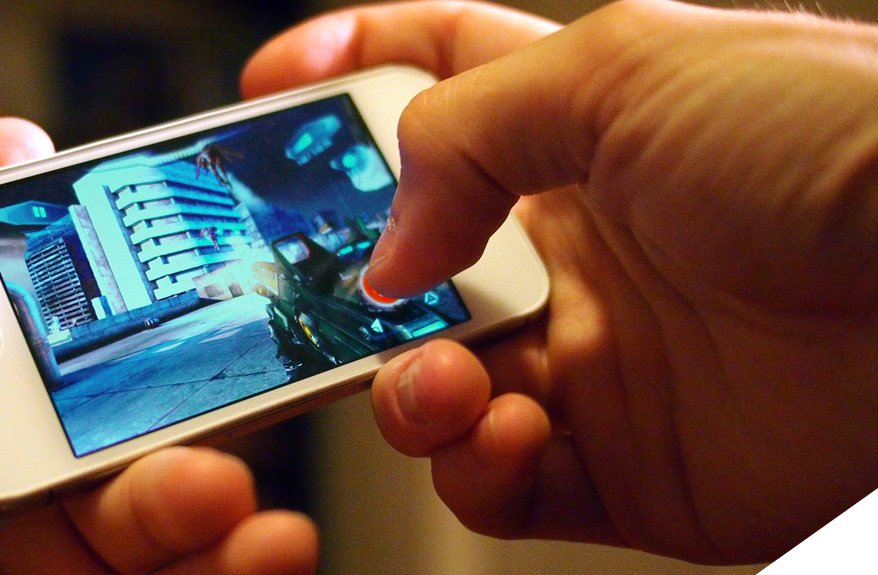
Paying developers to make apps
In an effort to bring more developers to Windows Phone, Microsoft has actively subsidized the development of big name apps for the platform. In 2012 The New York Times reported that Microsoft had spent between $60,000 and $600,000 to bring apps like Foursquare and Cheezburger to the Windows Phone Store.
BlackBerry has offered developers $10,000 to build apps for BlackBerry 10, though the app must earn at least $1,000 in a year in the BlackBerry World app store first. After that, BlackBerry covered the difference to $10,000.
The iOS App Store has been able to rely on the sheer popularity of iPhone and iPad devices. With more than 800,000 apps totalling 45 billion downloads, Apple has paid developers more than $8 billion for their app sales - after taking their 30% cut, of course.
Excepting a dedicated few, the availability of a single game - even a AAA title - on a smartphone isn't likely to influence the smartphone or tablet purchasing decision of customer. There are much bigger factors to be considered than whether or not Game X is available on the platform. But not having a lot of AAA titles can make a difference. It's one thing for a platform's app storefront to not be playing host to the very latest Angry Birds title, it's another for not a single Angry Birds edition to be present.
The customer isn't likely to be looking for a specific game, but when they look over a catalog's selections and notice that it's missing a lot of those AAA titles, it doesn't reflect well on the platform, and thus their purchasing decision.
The presence of a large cross-section of AAA title games on in an app store cannot be underestimated. Every platform comes with a calculator, a calendar, a web browser, and other basic apps. The majority of the apps available in the app market exist to supplement or replace the functionality of those apps or provide new utilitarian functions. Games, on the other hand, provide entertainment. They're not the domain of the platform builder, and for good reason. A focus on functionality requires an entirely different mindset than a focus on entertainment.
Since the platform developer isn't going to make the games themselves in the same way they make the contacts app and the email app, how are they supposed to get those best games - the AAA games - in their app store? How is a behind-in-marketshare company like BlackBerry or Microsoft supposed to compete with the pure marketshare power of Android and iOS?
How is a company like BlackBerry or Microsoft supposed to compete with the pure marketshare power of Android and iOS?
Money, that's how. BlackBerry and Microsoft are lucky in that they've been blessed with large cash reserves from their past successes. They might not be on top right now, but they've got the money on hand to spend to get themselves into a position where maybe they can be again. When Electronic Arts gears up to build their next iteration of Real Racing, it's a forgone conclusion that their initial development investment is going to be target at iOS and Android. Go where the money is, as they say.
Of course, Windows Phone and BlackBerry 10 are eventually on the development roadmap for many AAA titles. By virtue of the extreme development costs of such games, it makes sense to eventually make them available to as many customers as possible. The majority of the development cost is dedicated to building the game for the larger platforms, and eventually they get around to porting it to the smaller platforms. Getting these AAA titles on the smaller platforms isn't usually a matter of if, but when.
Platform developers need to be willing to put up the money themselves to bring the big AAA games to their platforms earlier. They need to be willing to help offset some of the studio's development cost. Paying to bring the games on board can help sway customers, who will buy your phone, and then buy those games. Once more devices are sold and games are purchased, the customer base will exist to help justify the development cost to the game studio.
The cost is a risk. Platform builders to a lot to mitigate the risks that the customers face by providing built-in apps and services. If they're wanting more AAA titles, they need to do the same for the game studios. There are customers to be won over and there's money to be made - you just have to spend some first.
Q:
How important are big-name game titles to you?
313


If I spent $10, $20, $30 million dollars on a game, and there's a mobile install base of hundreds of millions of users, why wouldn't I want to be able to bring that experience over?
- Anders Jeppsson, Head of Global Gaming Category, BlackBerry


Phil Nickinson Android Central
You have to spend the money and time to do cross-platform right
Simple isn't always bad. There's a reason why, say, Yahtzee and Uno are still popular meatspace games. That rings true for mobile gaming as well. Arguably the most popular mobile game out there -- Angry Birds -- is also one of the most simple to play. Touch a bird. Fling it. Sure, Rovio's included plenty of physics -- and oftentimes what's simple to the end user is rather complex under the hood -- but this is about as easy as it gets.
And Angry Birds is the same on iOS as it is on Android as it is on Windows Phone as it is on BlackBerry 10. Same app, same gameplay, same look and feel. And while Angry Birds is a cross-platform winner, it's no "lowest common denominator game." It's perfectly possible to have a great game available on more than one platform at a time, so long as the developer's willing to spend the money and time to do it -- and to do it right.
Oftentimes what's simple to the end user is rather complex under the hood
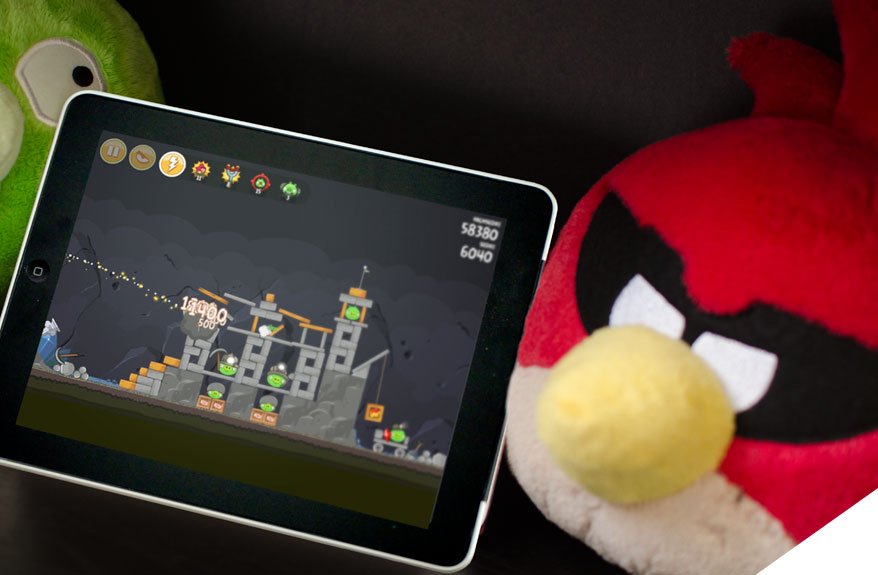
Slingshotting to success
When Rovio launched the first Angry Birds game in 2009, the game was available on just the iPhone and contained a few dozen levels of haphazardly-constructed swine habitats to be demolished by your slingshot-lofted avians.
Today the original Angry Birds has been updated with dozens more levels and has been joined by a cadre of spin-offs, including Angry Birds Seasons and Angry Birds Space. The popularity of Angry Birds has also been leveraged into branded spin-offs for the movies Rio and Star Wars.
Players can find Angry Birds games on every major mobile platform, PC and Mac, and on home gaming consoles. Across all platforms and editions, Angry Birds games have been downloaded more than 1.7 billion times.
Conversely, look at another game we've mentioned a number of times -- Words with Friends. It's functional on Android, but it's just not as good as it is on iOS. That hasn't stopped tens of millions of people from downloading it on Android. But neither does look or play as good as its iOS cousin. Is it a bad app? Nah. But it's not as good as it could be.
It's also up to the respective app stores to not settle for poor ports of games from one platform to another. That can be a tricky negotiation, but hardly a hurdle that can't be overcome.
Q:
What platform-specific features do you want your games to have?
313
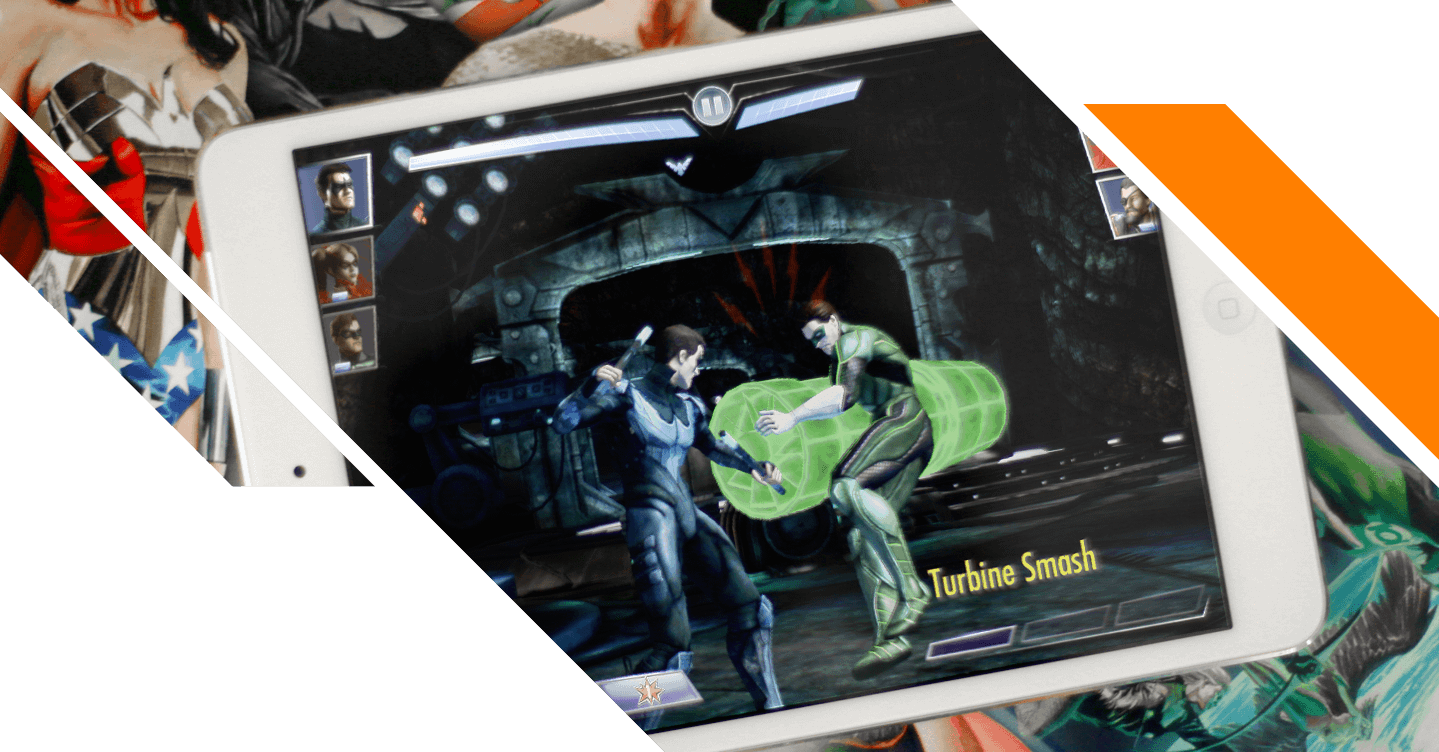

Rene Ritchie iMore
Brand is everything these days
I've said it before, and I'll say it again: If Microsoft had called their new mobile operating system Xphone instead of Windows Phone 7, and had a Halo Edition ready to ship on day one, it would be a very different market today. That it took two years and two versions of Windows Phone to get even the announcement of Microsoft's premiere franchise on their mobile platform is, as far as I'm concerned, incompetence and best.
Brand is everything these days. Brand is why Disney bought Marvel and Star Wars. Brand is why every movie is the re-imagining of the sequel to the video game to the book of whatever. People are risk-averse. If we're going to spend money, we're more likely to spend it something we know, remember fondly, and trust, than something we've never heard of.
Once in awhile something new comes along that strikes just the right cord at just the right time
There are exceptions, of course. Once in awhile something new comes along that either has massive marketing behind it, or strikes just the right cord at just the right time. But even then, it just becomes the next brand. Again, Star Wars. Or Angry Birds. Or, of course, Angry Birds Star Wars.
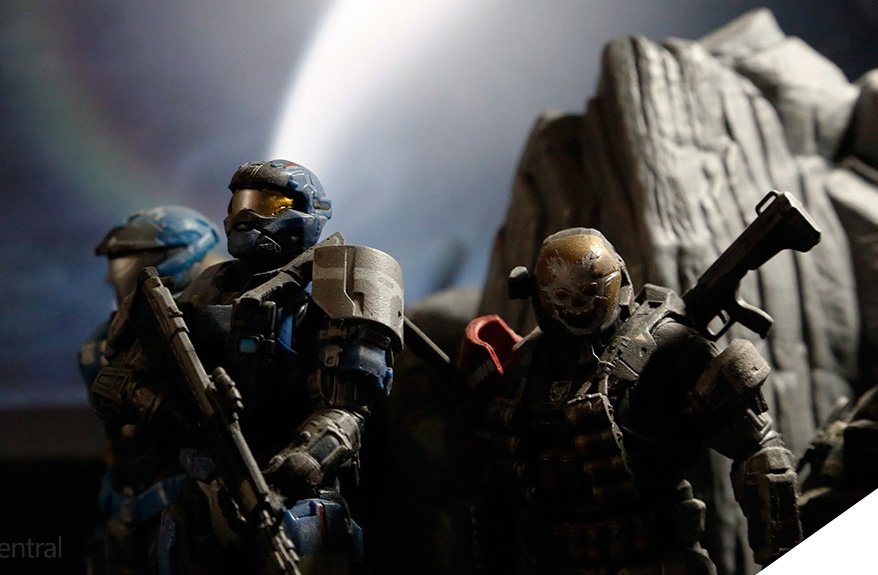
Console exclusives
Home gaming consoles have long enjoyed exclusive titles that have driven purchasing decisions. Sega had Sonic the Hedgehog and Nintendo had the Super Mario Bros. franchise.
Today's consoles are no stranger to exclusives, with Super Mario Bros. still tied inextricably to Nintendo's Wii consoles and DS portables, Microsoft's Xbox enjoying exclusive rights to the popular Halo franchise, Project Gotham, and Gears of War, and Sony holding the Gran Tursimo racers and God of War on just the PlayStation.
Exclusives on mobile have been more the result of market share than platform capabilities and financial arrangements, but there's no reason that couldn't change.
Can you imagine a new Nintendo console launching without a Mario game? Or a new Playstation launching without even the promise of a God of War or Grand Turismo. Sure, Microsoft has Office, just like Apple has iTunes and BlackBerry has BBM. But Microsoft also has the aforementioned Halo, and other titles that worked wonders for them on the Xbox, and have utterly failed to be leveraged on Windows Phone. Maybe this week's announcement will change that, or maybe it's too late. Time will tell.
If Microsoft threw great gobs of money at the problem -- and they have them -- and if BlackBerry played Playstation to Microsoft's Xphone, and threw like amounts of money at other AAA studios, they could get some platform exclusives of their own.
There are users for whom mobile devices aren't primarily used as phones or even communications devices. Telephony, for them, is a convenience. They want to do stuff on the go, and part of that stuff is gaming. Give them a great, exclusive game. Give them Halo and Mario and God of War quality exclusives, and maybe they'll pick your platform over Apple and Google, the guys who enjoy tons of exclusives right now by simple virtue of no one caring to support much of anything else...
Q:
Could an exclusive game drive your purchase decision?
313
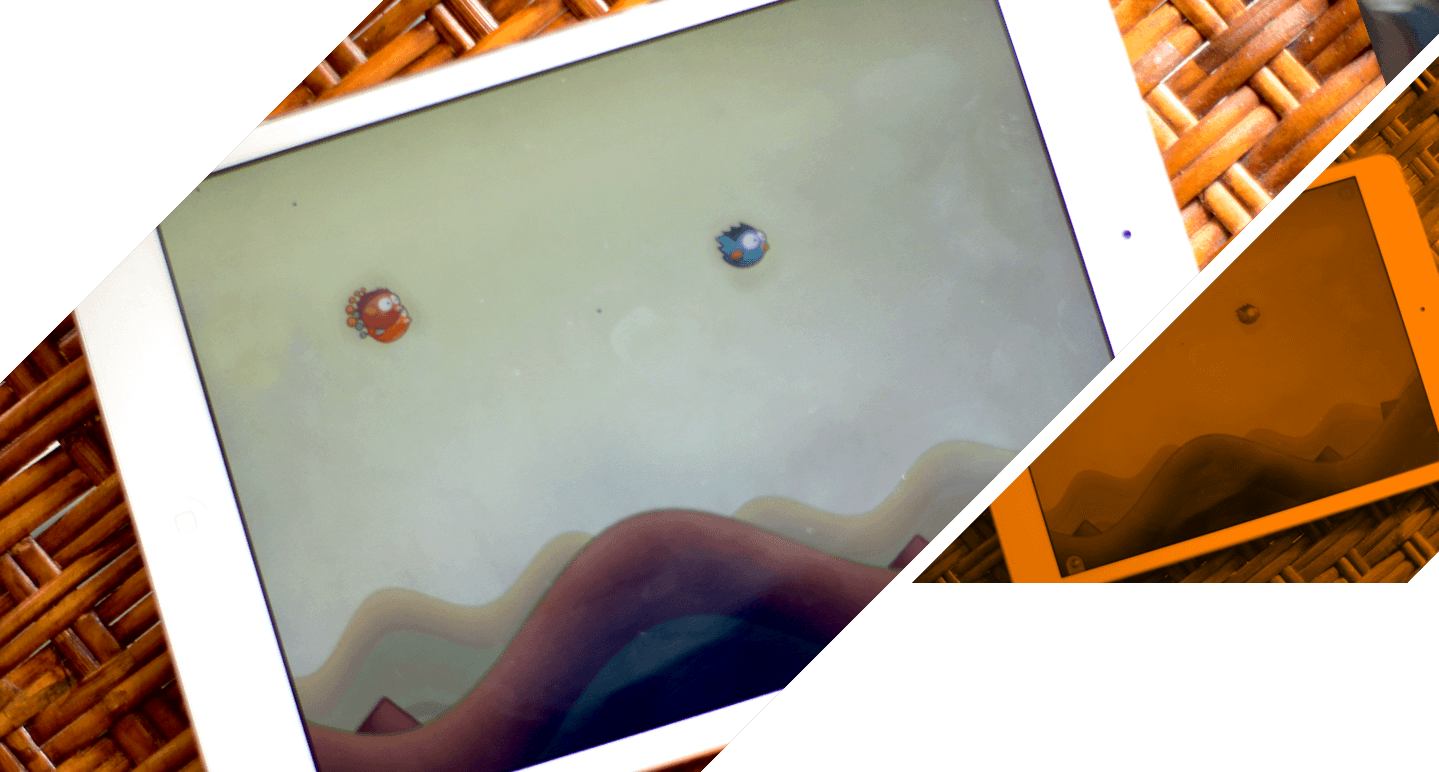

Daniel Rubino Windows Phone Central
Independent developers are the backbone of innovation
Independent developers are the backbone of innovation, make no mistake about it. While the big gaming houses can reach more people, often release more polished games and get more extensive franchise tie-ins, it's the indie guys who can really think outside of the box or take risks.
Indeed when it comes to smartphones and mobile gaming, the genre is still so new (relatively) that much of it has yet to be defined. With new sensors coming out everywhere e.g. accelerometers, GPS, NFC, the return of infrared and soon motion-sensors, it's the indie houses that will first think of something "crazy" to take advantage of them. Such a game will rarely be a hit out the door but like all things, will slowly build until a critical mass hits, causing the game to supernova in the consumer space.
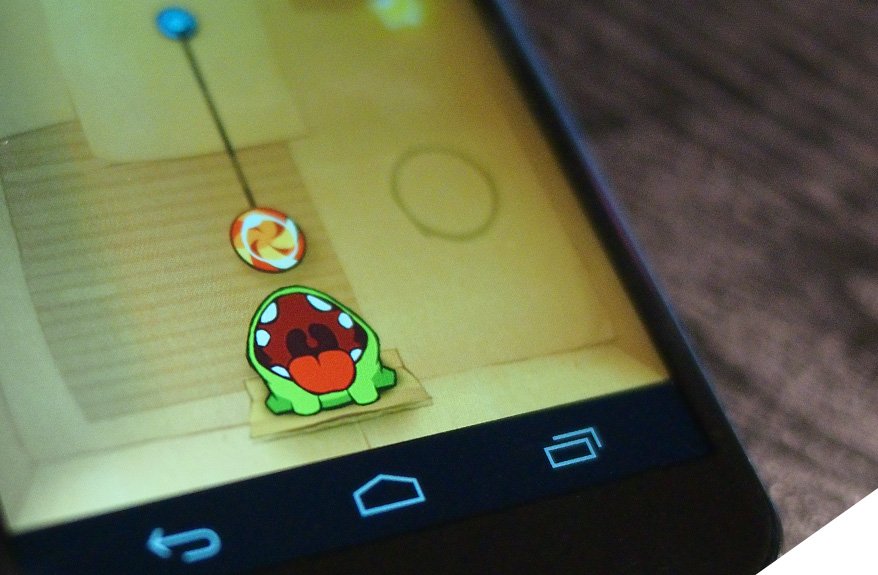
Something about indies
Many of the top-selling games in mobile began as indie sensations, though the developers usually don't hit gold with the first release. ZeptoLab released Parachute Ninja eight months before they made it big with Cut The Rope. Rovio was a player in the much smaller gaming market on feature phones starting in 2005, but it wasn't until 2009 that they released Angry Birds to critical acclaim. Imangi Studios' smash hit Temple Run was their seventh release in the iOS App Store.
Adam "Atomic" Saltsman spoke to us about his hit indie games, Canabalt and Hundreds, on Debug.
Listen now
We've seen shifts like this on the PC (the Doom and Wolfenstein 3D phase back in the 90's), the original Pac-Man and the rise of arcade in the 70's and 80's and the ascension of motion-controlled gaming in the late 2000's. When it comes to mobile, most of the mindset was initially about porting: recreate the same PC or console experience on your phone. That quickly faded though once developers starting making games for mobile, not just to mobile.
Knowing the actual developer and the ability to give feedback is a priceless feeling for many
Probably one of the best aspects of independent game making is the personal interaction between the developer and consumer. It's no different than buying a handmade craft item from a local seller versus a mass produced commodity from your not-really-local box store. Sure, one is convenient but only one offers a truly unique and human touch to the transaction. "Knowing" actual developer(s) of a game and having the ability to give feedback is a priceless feeling for many.
Finally, independent developers also tend to react faster to consumer requests. Whether it is fixing bugs, adding levels or modifying content, it's the indie guy who can't risk an angry mob. On the other hand with EA and SimCity 2013 as an example, we can see the big studio houses can almost shrug off mass rebellion. While such blowback would destroy any indie, EA will still be around in 2014.
So the question is, where do you put your money? The guy who could lose it all or the huge conglomerate who has little to lose?
Q:
What makes indie games great?
313


Indie games might be considered as too simple by traditional console standards and discarded, but on mobile they can better suit the platform, get a lot of traction, and do well.
- Guy English, Host of Debug, Game Developer
Conclusion
Building better mobile games is a complex proposition. Mobile users are as wide and diverse as the devices we're playing on. It's not as easy as targeting a game for the much more highly controlled environments of Nintendo, or even Facebook. Developers have to navigate the different programming languages and frameworks of the different platforms, and the requirements and restrictions of the different app stores, all while building games that are not only playable across devices, but delightful.
Both the big studios and independent developers face these same problems, but to strikingly different degrees. While the studios are focused on putting out graphically-rich games that are increasingly tied to other entertainment franchises, the smaller independent developers have to differentiate themselves from the crowd, and do so on a budget.
That need to differentiate is where the best innovation comes from - it's the "indies" that have repeatedly pushed the envelope and created the new smash hits. Yet while Angry Birds and Fruit Ninja and Letterpress have all gone one to become incredible success stories, there are a thousand indie games into which a developer's heart and soul was poured only to go unnoticed.
Mobile gaming will keep getting better. Of that there is no doubt. But where exactly should developers be spending their resources? What do they need to enable the next generation of smash hit mobile games? How can they, biggest of the big studios and indiest of the independent developers, wow you?

